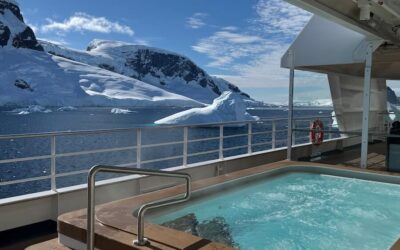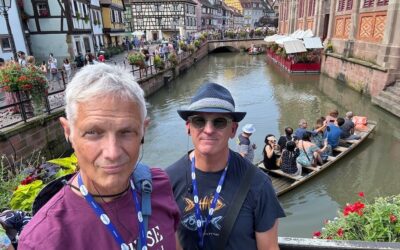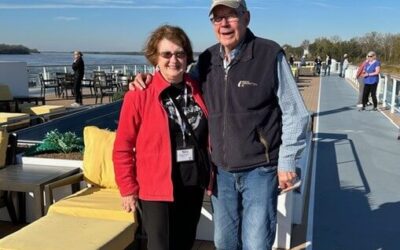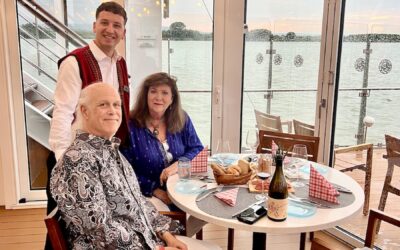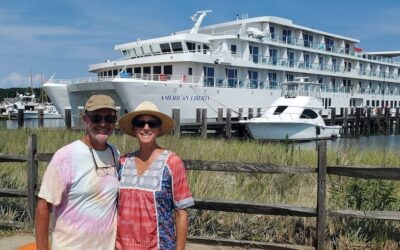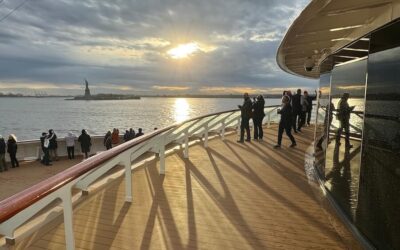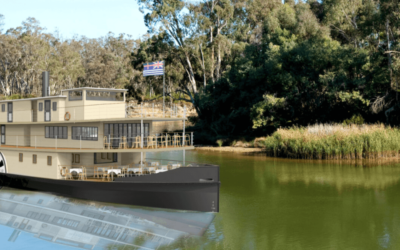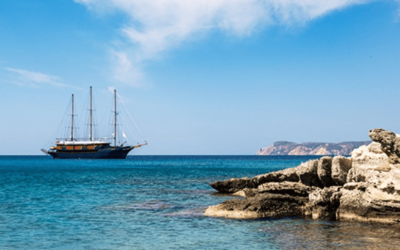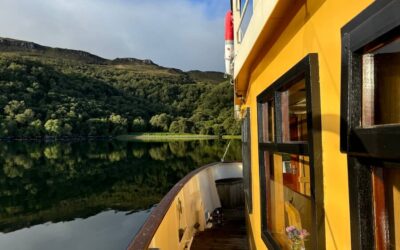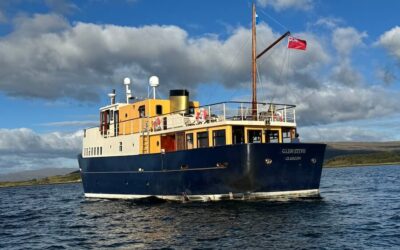Nova Spero Cruises the Scottish East Coast
By Robin McKelvie.
Tell a Scot you plan to cruise the Scottish coast and they will presume you mean the west coast; a littoral served by an ever-growing flotilla of small ships. Nova Spero steers away from the herd though and not just because she also ventures to the east to take on the North Sea.
This former fishing vessel also likes to go alongside rather than anchor, and she still looks like a proper fishing boat. And she is definitely the only ship currently cruising Scotland’s waters that sports a wood-burning stove in her cozy saloon.
Subscribe to our monthly small ship cruise email
Subscribe to QuirkyCruise.com for monthly curated newsletters highlighting our top small cruise ship reviews, round-ups & offers!
Why Scotland’s east coast?
Ironically the man driving force behind the Nova Spero, John MacInnes, is Hebridean born and bred, earning his sailing stripes amongst the sheltered bays and numerous anchorages of Scotland’s west coast, then moving on to tankers. His first tanker trip took on the big seas across the Atlantic from Marseille to New York. In winter.
Standing proudly on the compact, working wheelhouse, MacInnes explains the thinking behind the Nova Spero:
We do offer west coast options, but I also wanted to try something a little different. No one else cruises the Scottish east coast, but I think it is seriously underrated with its big skies, wildlife and characterful harbors.
Swirl in the fact that the Nova Spero was built on the east coast and was designed here, and it all starts to make sense.
A luxurious fishing boat
The rugged Nova Spero dates back to 1972, when she was fashioned as a sturdy fishing vessel built to take on the often-tumultuous North Sea. Arriving at Seaport Marina in Inverness I see immediately that she has retained that rugged feel. She startles in turquoise. Her wheelhouse sits low to the water, almost hidden into the foredeck, as if anticipating bad weather at any moment.
MacInnes has worked hard to retain her working boat spirit, and it has paid off as she turns heads everywhere we go. Being aboard again is like sailing in a different era. At her heart is a swarthy Caterpillar engine that makes short work of the seas.
The interior passenger space is entirely a different kettle of fish. The large wood-paneled saloon is bathed in light not just from the windows, but from the skylight where the fish hatch used to be. Two comfy benches with tables beckon at meal times, while further cushioned seats sit closer to that wood-burning stove.
MacInnes wants to sail when other vessels are shored up for winter so that wood-burning stove is inspired, coming into its own during the chilly, short days of the Scottish winter.
Canals and dolphins
The Caledonian Canal is a fitting start point for a vessel that celebrates great Scottish engineering. Thomas Telford’s 19th-century marvel was built to connect the Atlantic Ocean with the North Sea — 60 miles, three lochs and numerous locks away. We just have to descend a brace of locks to take us into the North Sea’s Beauly Firth.
I say just, but that involves rotating a swing bridge that brings all mainland train traffic from Inverness to points north to a halt. A crowd gathers as we descend like a submarine in the shadow of the bridge as a collie dog stares on in disbelief.
We gun due east now, soon swapping the Beauly Firth for the Moray Firth, the latter famous for its dolphins. It doesn’t disappoint as there they are in the narrows off Chanonry Point, one of the best places in the UK for shore-based dolphin spotting. They are a decent size too; in fact, the largest and most northerly pod of bottlenose dolphins in the world.
It’s not the only wildlife we encounter as we are accompanied by a never-ending array of seabirds, the odd pod of porpoises and — the highlight — a minke whale. We don’t see the sunfish — just days before we set sail a sunfish was spotted off Chanonry, a highly unusual sighting in these chill waters, but the east coast proves full of surprises.
Built to take the big seas
As we enter the harbor at Buckie on the second night a northerly wind is gathering strength, never a good sign in this part of the world. As we motor out the next morning the big seas are soon upon us with 3-4m swells and breaking waves.
“She’s built to take this weather,” smiles John in the wheelhouse as he stares out at cresting waves he greets like old friends.
Some of Scotland’s small ships tend to be a bit timid; a trip on the Nova Spero gives you the opportunity to sample some real weather. In safety. And staying dry too as they provide full wet weather gear.
Kitted out from toe to tip I bash around on the stern feeling like one of the fishermen you see in those TV documentaries. I feel secure in John’s hands and doubly safe as there is never actually any time in the five-night voyage when we cannot see land. That said, it definitely helps to have your sea legs cruising in these parts.
Savoring seafood en route
The Nova Spero remains conscious of passenger comfort too, so we choose to take a break from the weather in Peterhead, a huge harbor that protects the largest white fish fleet in the UK. Just on the quayside sits the Dolphin Café — it seems a shame not to try the local seafood. You can get haddock and chips all over Scotland, but it’s boat fresh delicious here. They also offer sole and even queen scallops ‘suppers’ (with chips).
Our passage from Peterhead south to Arbroath is much smoother and even allows for a quick swing around the Bell Rock, where a famous lighthouse has stood tall since 1810. It’s a sturdy brute that not only stands firm against the North Sea, but also repelled repeated attacks from the Luftwaffe during World War Two.
We make good time into Arbroath, where more superb seafood awaits. This time it’s the famous Arbroath Smokies, which are caught locally then smoked in the traditional wooden houses I visit by the quayside.
They are delicious fresh off the smoker and also when chef Jim serves them with butter for breakfast the next day. He proves a whiz with seafood, conjuring up a heaving platter on the last night of our cruise too.
The homecoming queen
It’s unusual as a journalist to be the story, but I am, or rather we are, in Arbroath. This is the first time MacInnes has sailed the Nova Spero back to the port where she was built. The wee shipbuilders, Mackays, is still open right by the harbor. The local newspaper is here to shoot photos and cover the return maiden arrival.
I speak to Harry Simpson who was just an apprentice when he worked on the Nova Spero in the early 1970s — he later went on to own the yard. Simpson admits to ‘having a wee tear in my eye’ when her steady bow appeared around harbor walls little changed since those days.
Simpson explains to me that the Nova Spero was actually designed a little further south down the east coast at JW Miller in St Monans in the Kingdom of Fife. He is delighted to find her back in Arbroath rather than being cut up for scrap: “It’s interesting to see how she looks nowadays. A lot of the old fishing boats were decommissioned and cut up. It’s nice to see a traditional-style boat coming back into Arbroath harbor and actually be used for something else.”
Southwards in search of the Three Bridges
Under brilliant blue skies — and hardly a puff of wind — we set sail south again across calm seas in search of the mouth of the Firth of Forth, the last of the trio of firths we have to negotiate. It’s my home firth too, as I live in South Queensferry (just west of Edinburgh). The sail up the Forth alone is worth coming on this trip.
First up are its necklace of islands — the east coast may not have as many islands as the west, but it offers some gorgeous ones. Bass Rock stars with thousands of pairs of gannets, while Fidra blinks back, a wee isle said to have been the inspiration for author Robert Louis Stevenson when he penned his novel Treasure Island. Then it is on to the Scottish capital. Edinburgh looks every bit the ‘Athens of the North’ as she strides in the sunshine across a volley of hills, topped off by its vaulting medieval castle atop a hulking volcano.
Journey’s end comes in spectacular fashion cruising right under the trio of Forth Bridges.
The Queensferry Crossing is a twenty-first century wonder, the largest triple cable stayed bridge in the world and the tallest bridge in the British Isles. The Forth Road Bridge was the longest suspension bridge outside North America when it opened in 1964, and its span echoes the Golden Gate Bridge in San Francisco. Last, but certainly not least, is the epic UNESCO World Heritage listed Forth Bridge. This striking red iron cantilever confection dates back to 1889, when the car had just been invented and before the advent of the airplane.
Subscribe to our monthly small ship cruise email
Subscribe to QuirkyCruise.com for monthly curated newsletters highlighting our top small cruise ship reviews, round-ups & offers!
This engineering drama is a fitting end to my cruise on the Nova Spero. She herself is a fine example of sturdy Scottish engineering, built to last and steadfast against anything the North Sea can throw at her. For now, she is the only small ship cruising Scotland’s beguiling east coast and if you’re looking for a life affirming cruise off the beaten charts John MacInnes and his steady steed await.
QUICK FACTS
Itineraries/Fares
Skarv Lines are offering public cruises, plus private charters for single families, for the rest of 2020, with a full schedule of cruising for 2021 now available to book online. The full 10-night return Forth Bridges cruise from and to Inverness starts at around US$4,000 per person including all meals (lots of seafood!) and wine with dinner. (Robin only cruised from north to south one way.)
Getting There
The Nova Spero will primarily cruise out of Corpach or Inverness and on occasion Kyle of Lochalsh.
These days there are a number of direct flights from North America to Scotland. Depending on your airline, many flights connect through London. You can choose to arrive in the Scottish capital of Edinburgh or Glasgow. Trains run from Edinburgh and Glasgow direct to Inverness.
Tips
For those concerned about COVID-19 the Nova Spero is currently running at limited capacity (normally 11 passengers), with passenger temperatures checked daily, hand sanitizer available and face masks worn by the staff at all times. Guests have to wear them in public areas inside when not eating or drinking, plus when going ashore.
Weather
Scotland is this green with a reason as it can rain whenever you visit. The cruising season usually runs from spring in April through to autumn in October, but Skarv Lines are breaking the mold with some winter cruising. May and September are good choices as they tend to be drier and there is less chance of having to contend with the baleful midge, a harmless but annoying small insect ashore. August is the warmest month, but can also be very wet.
Money Matters
The British Pound is the official currency, with Scottish banks printing their own notes that are legal tender throughout the UK. Credit cards and cash widely accepted.
For more information on cruising on Skarv Lines check out www.skarvlines.com.
© This article is protected by copyright, no part may be reproduced by any process without written permission from the author. All Rights Reserved. QuirkyCruise.com.

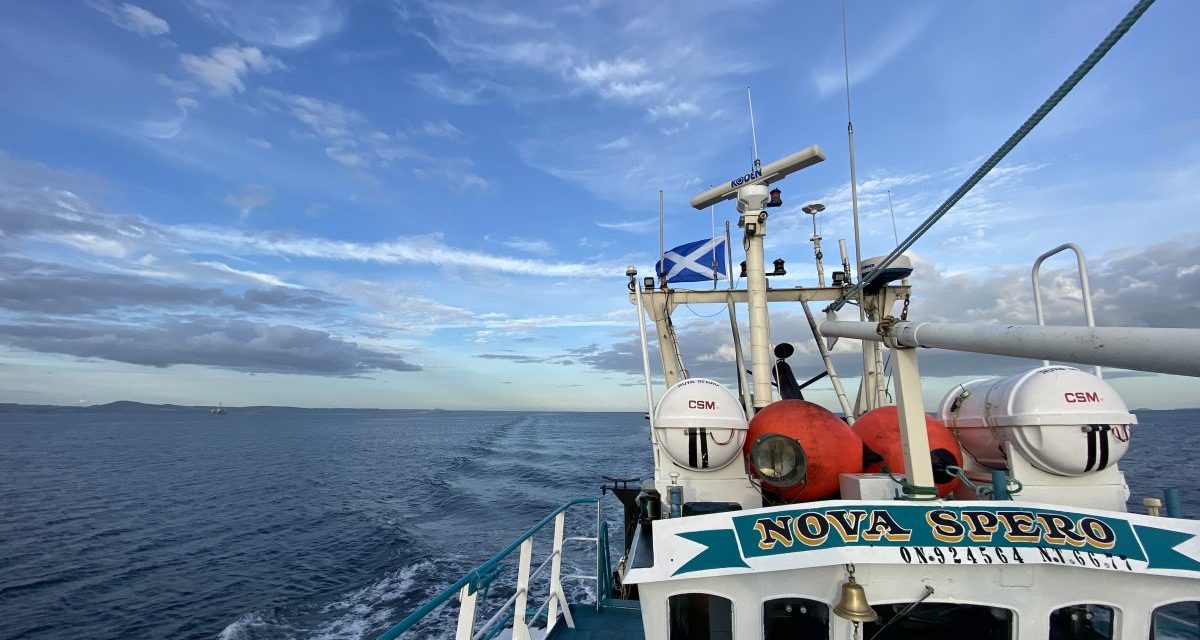
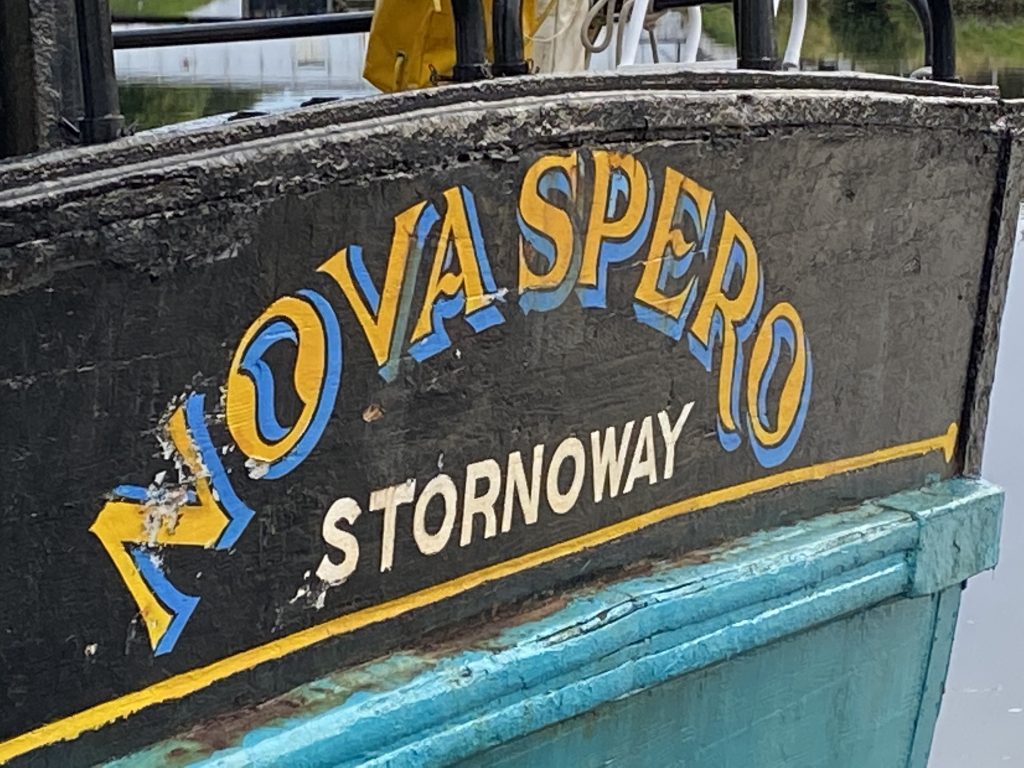
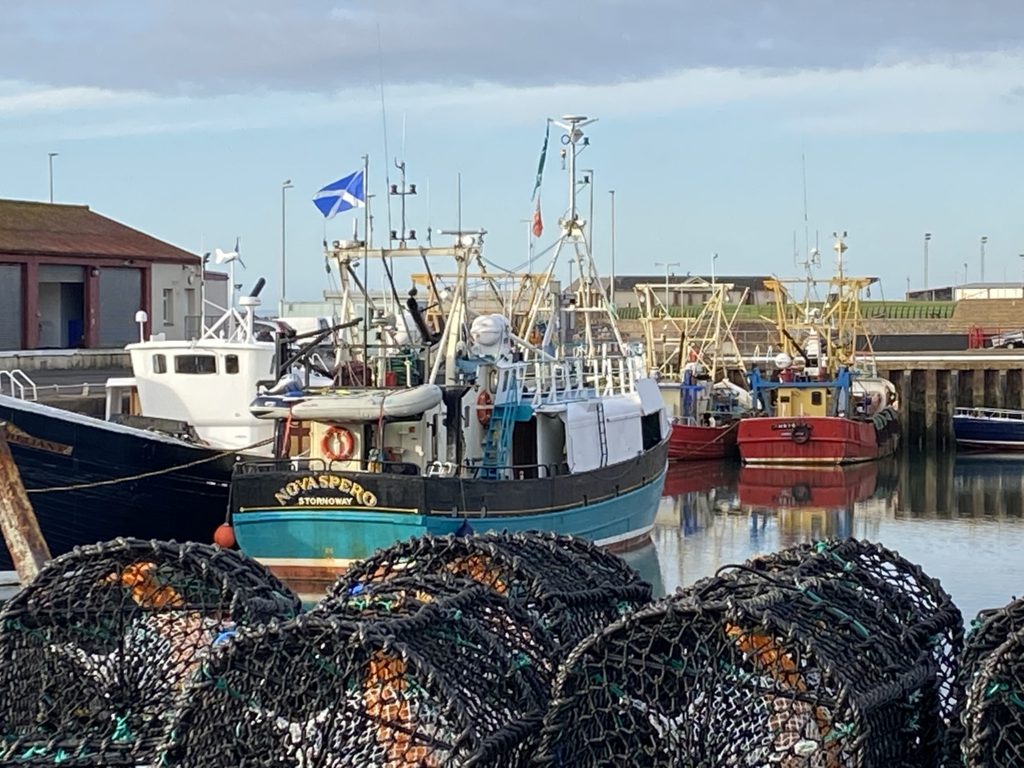
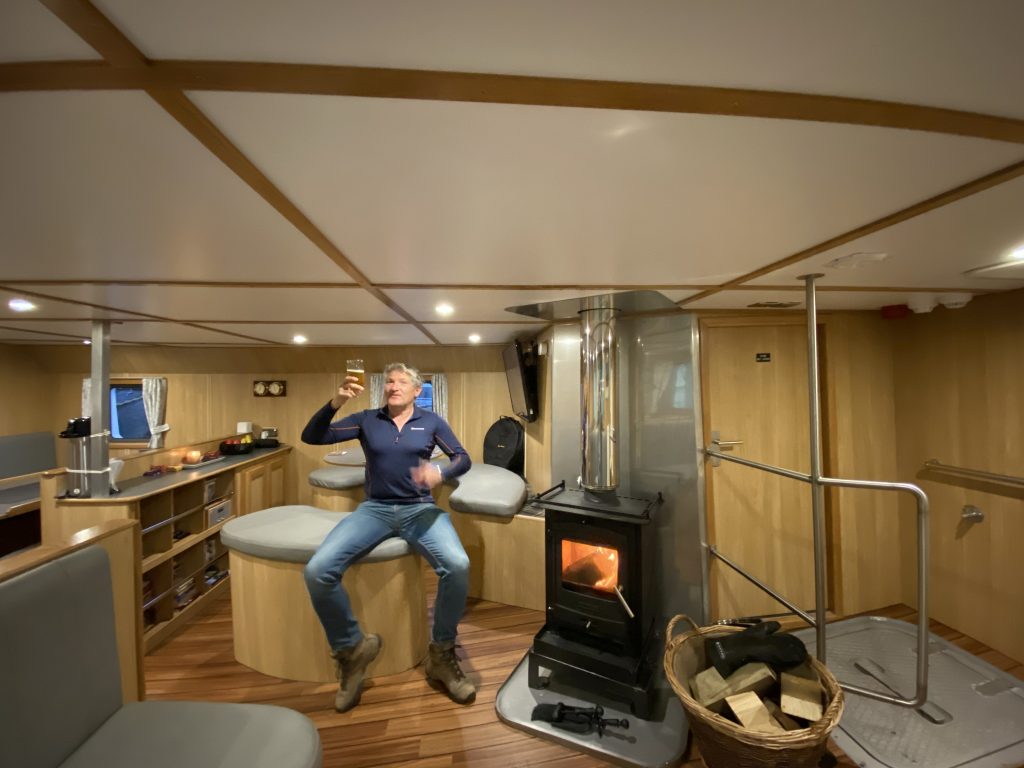
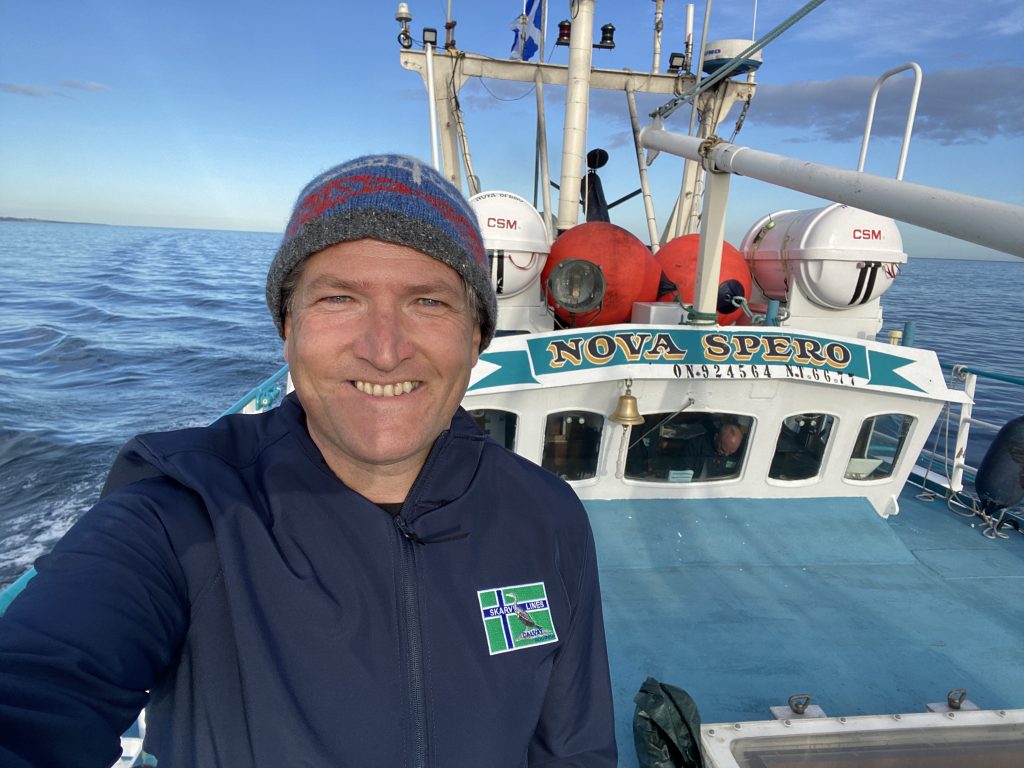
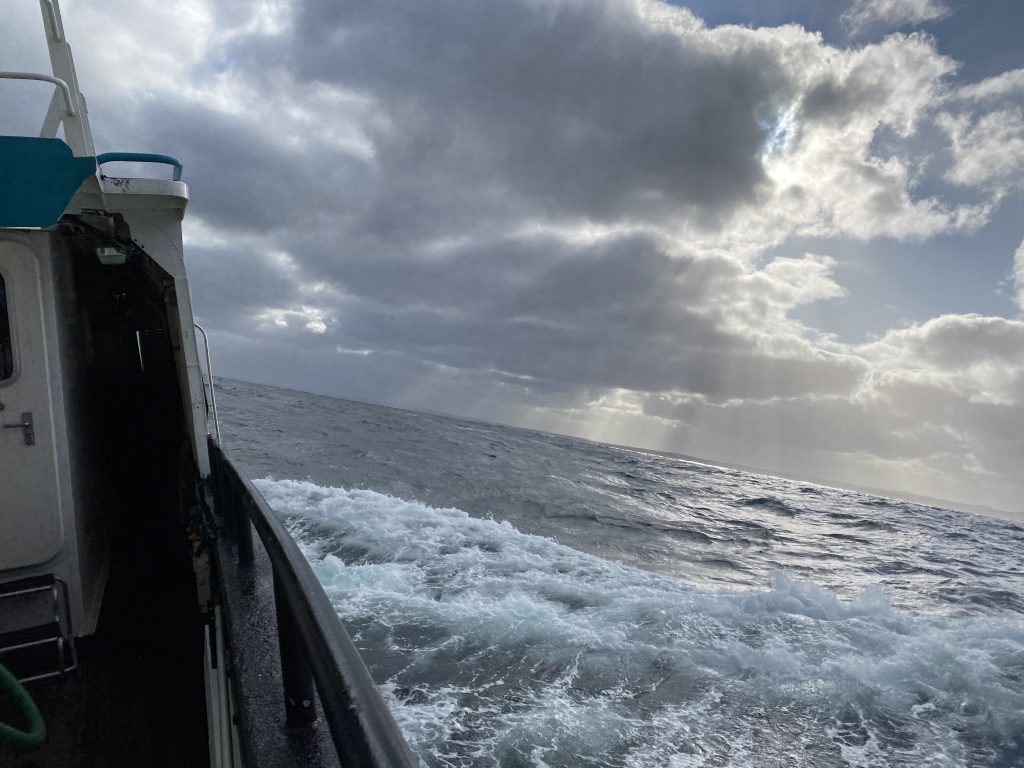
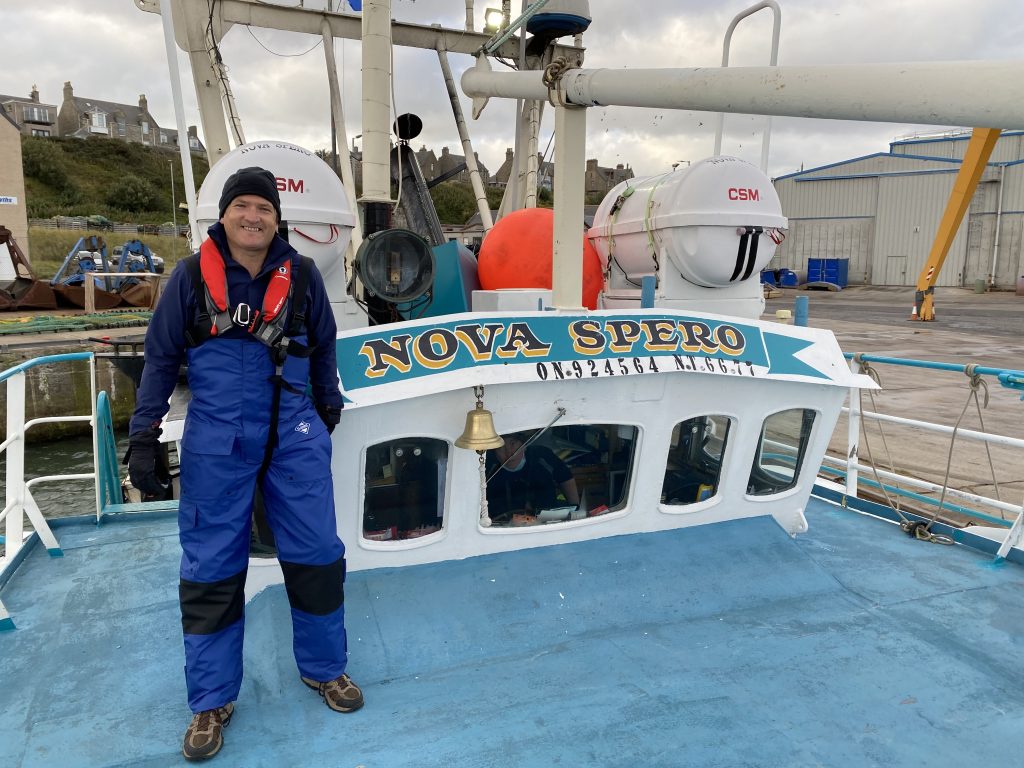
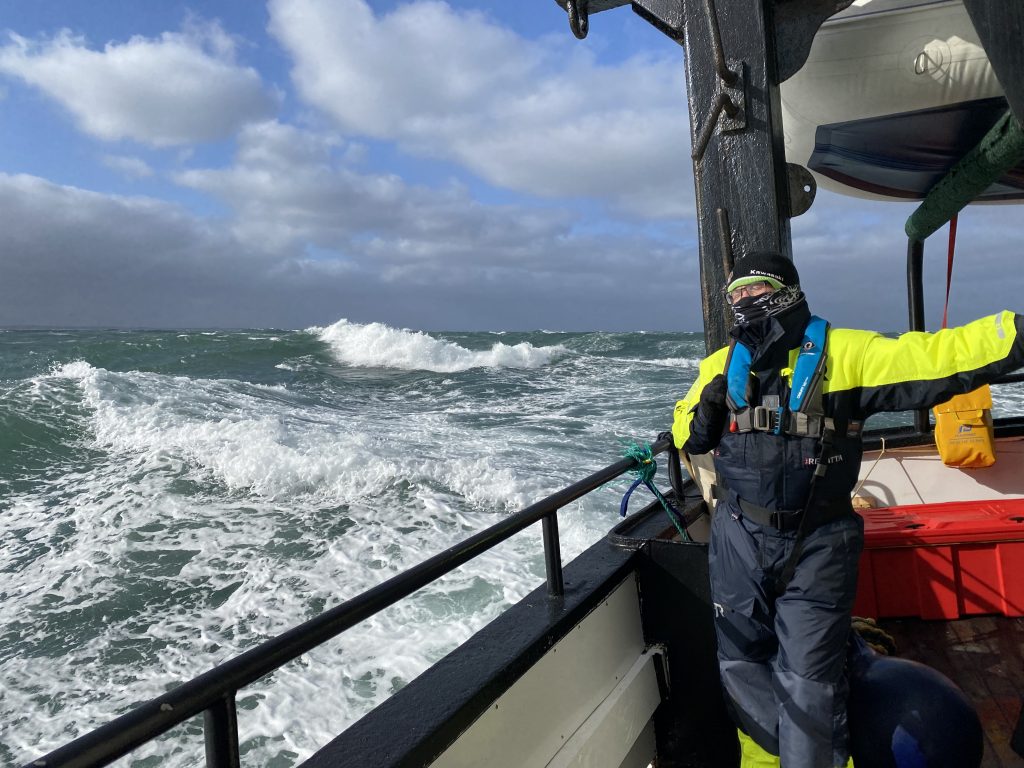
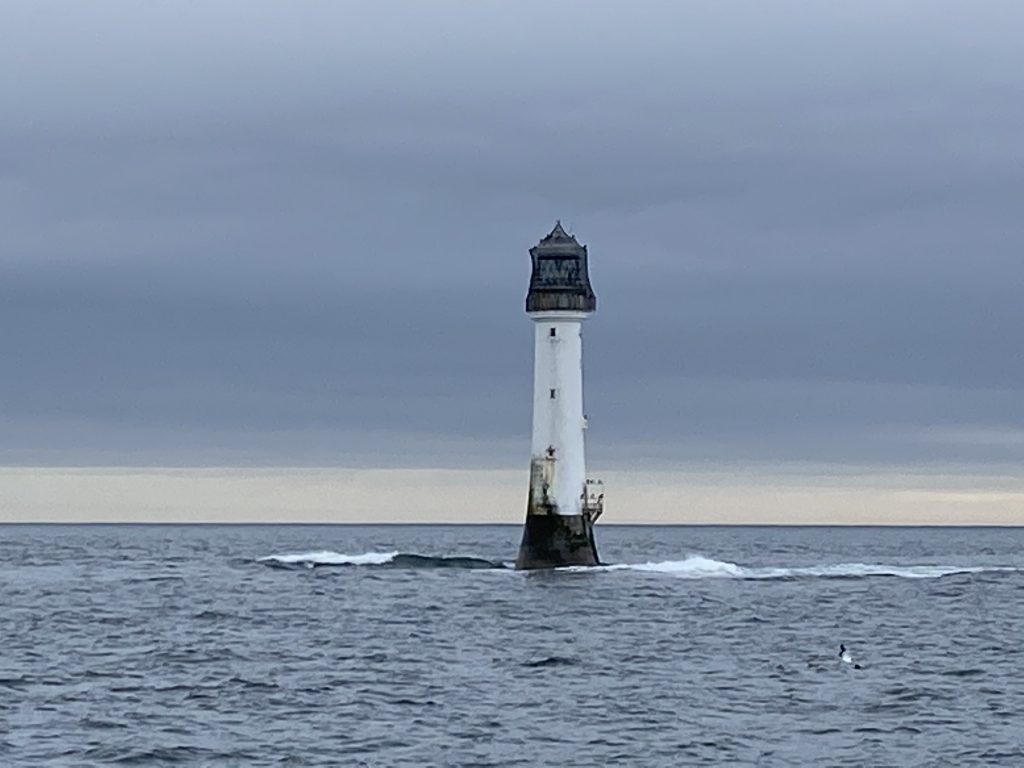
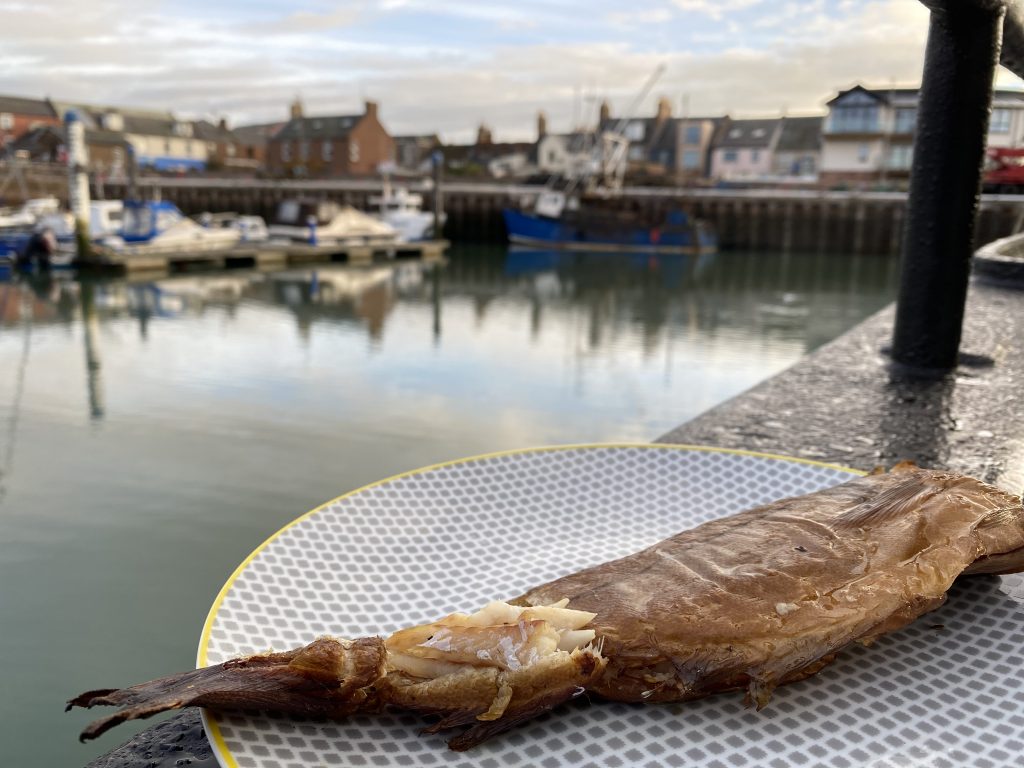
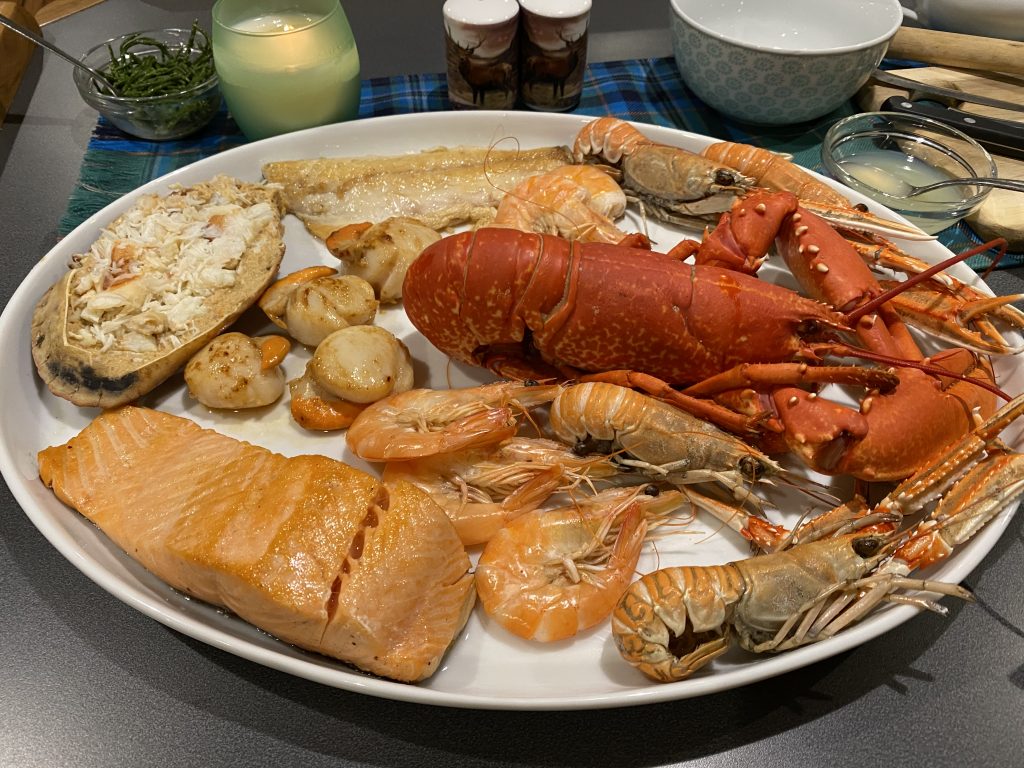
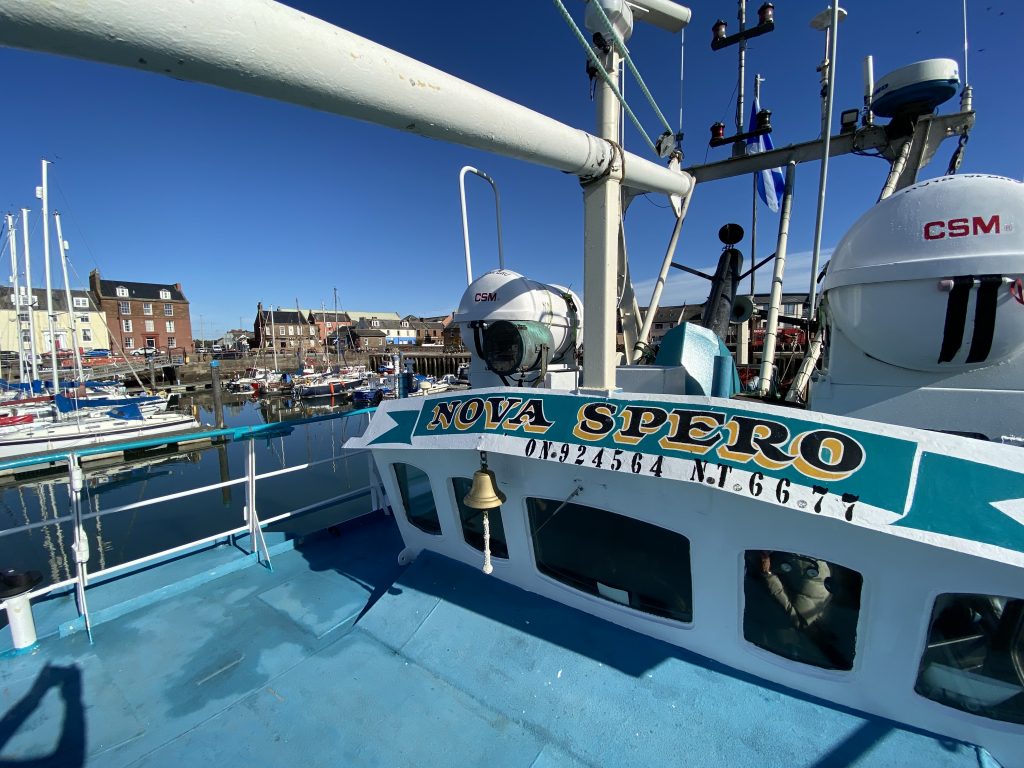
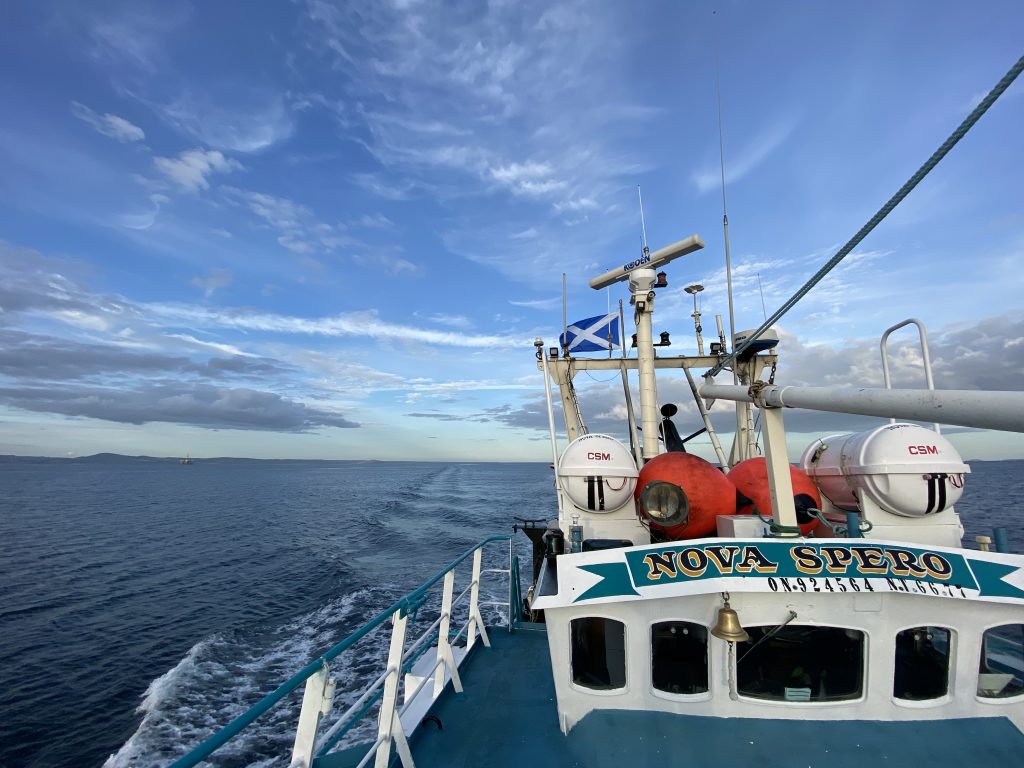
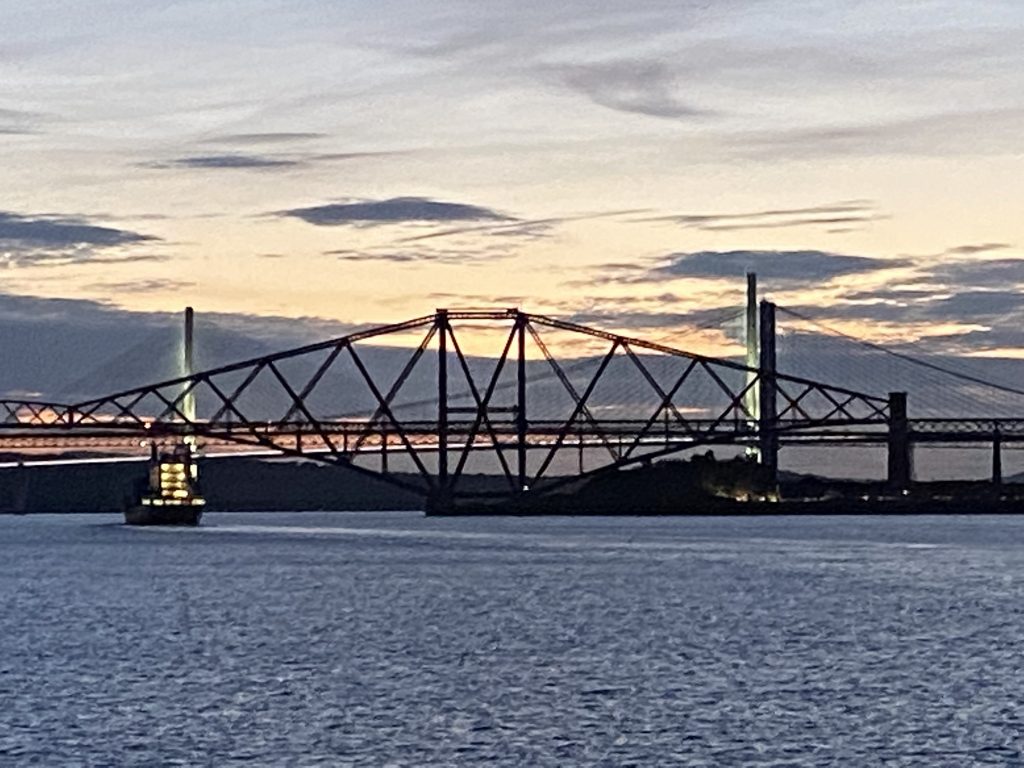
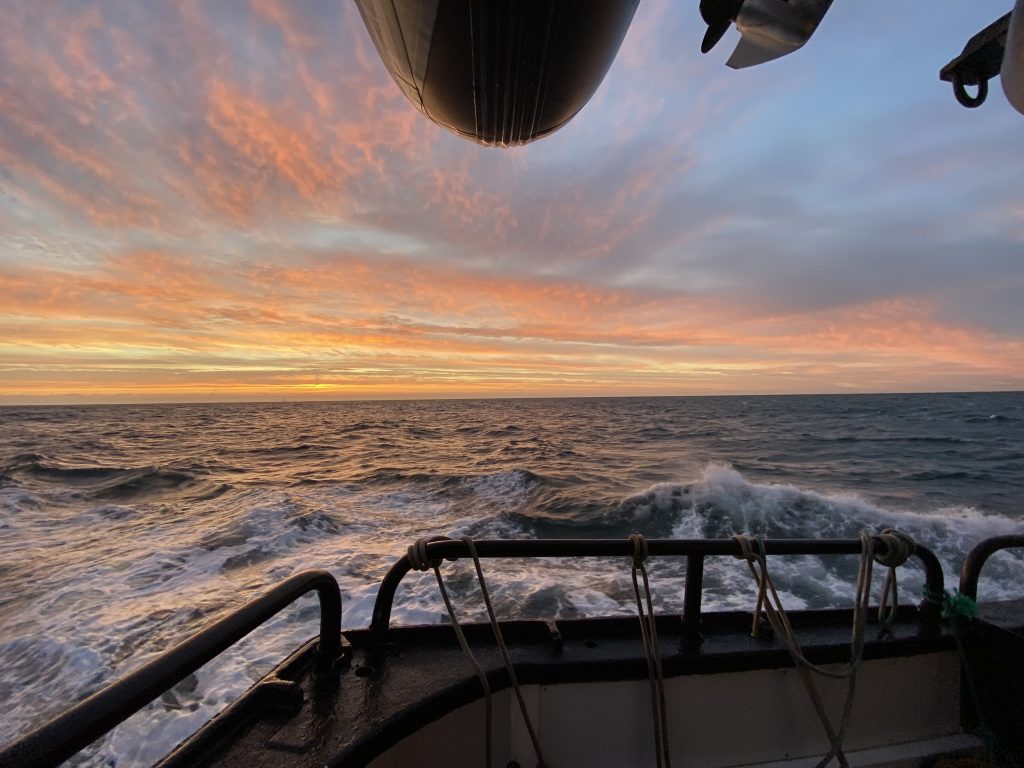
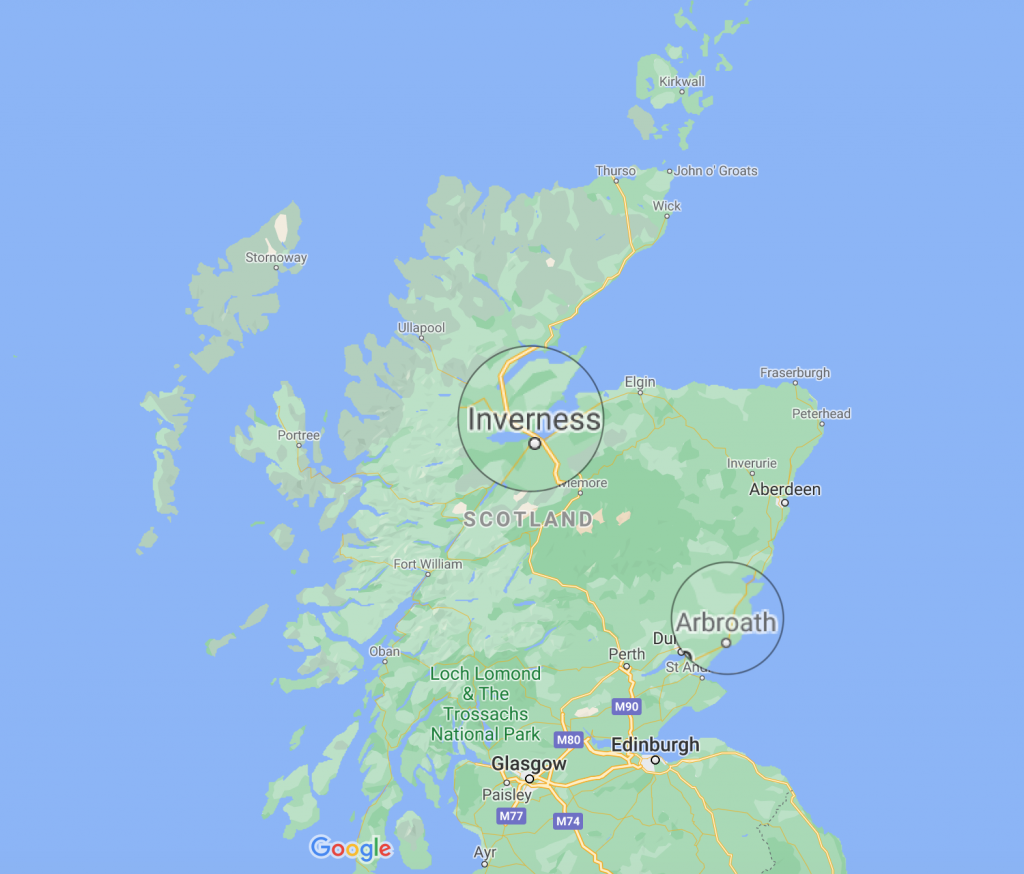
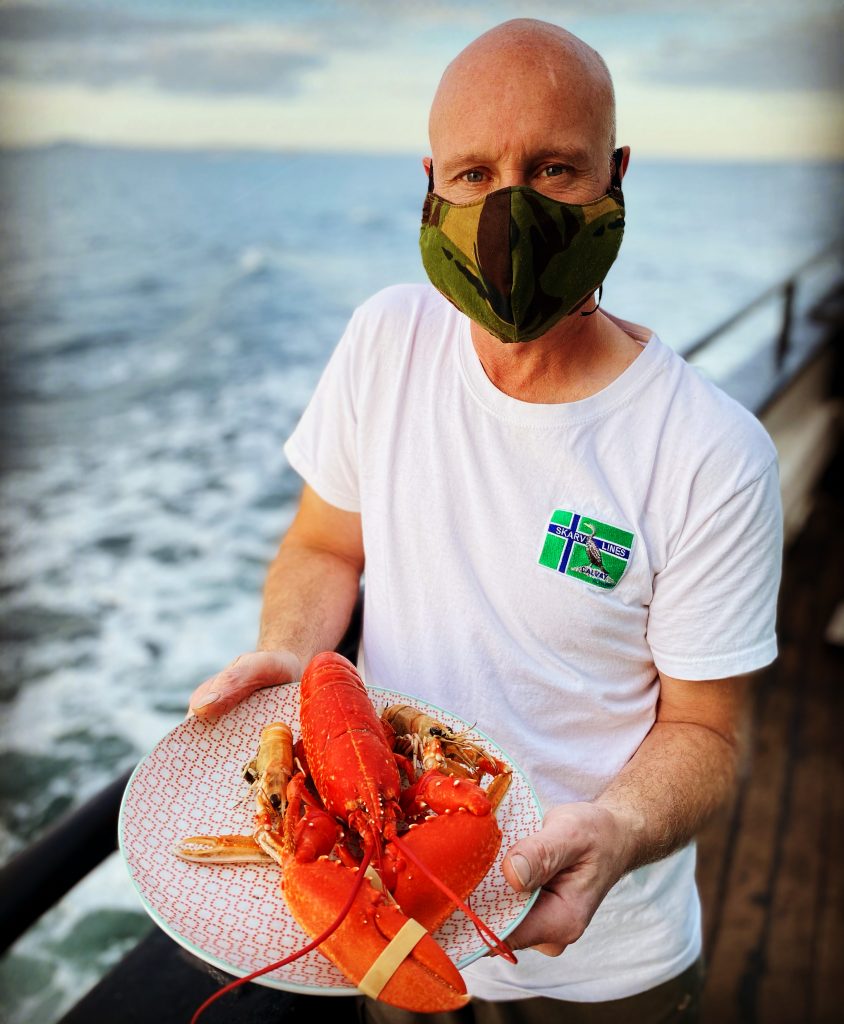
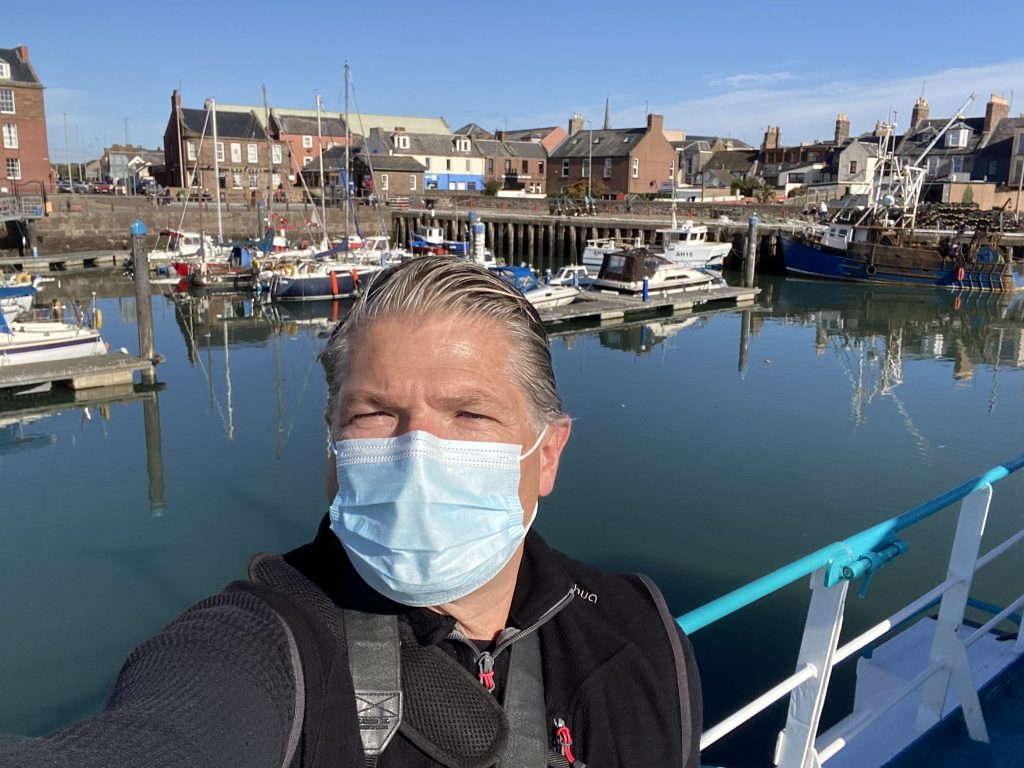
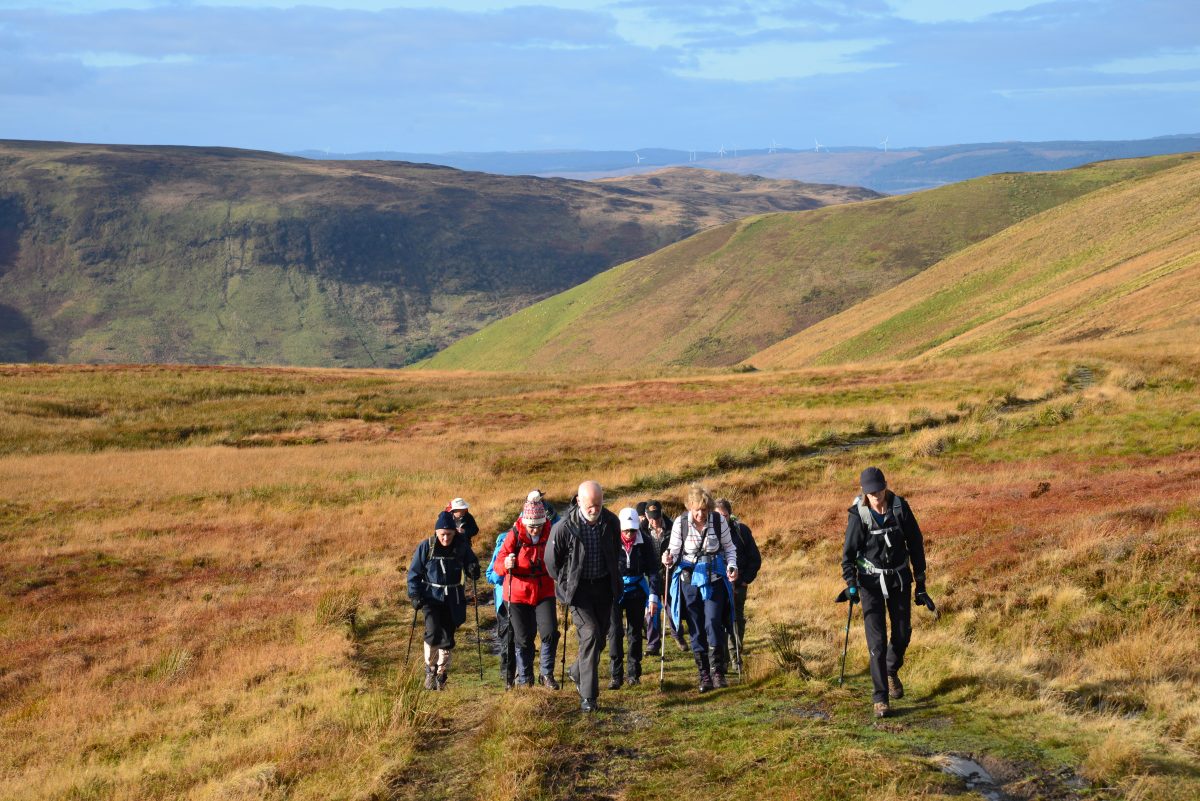

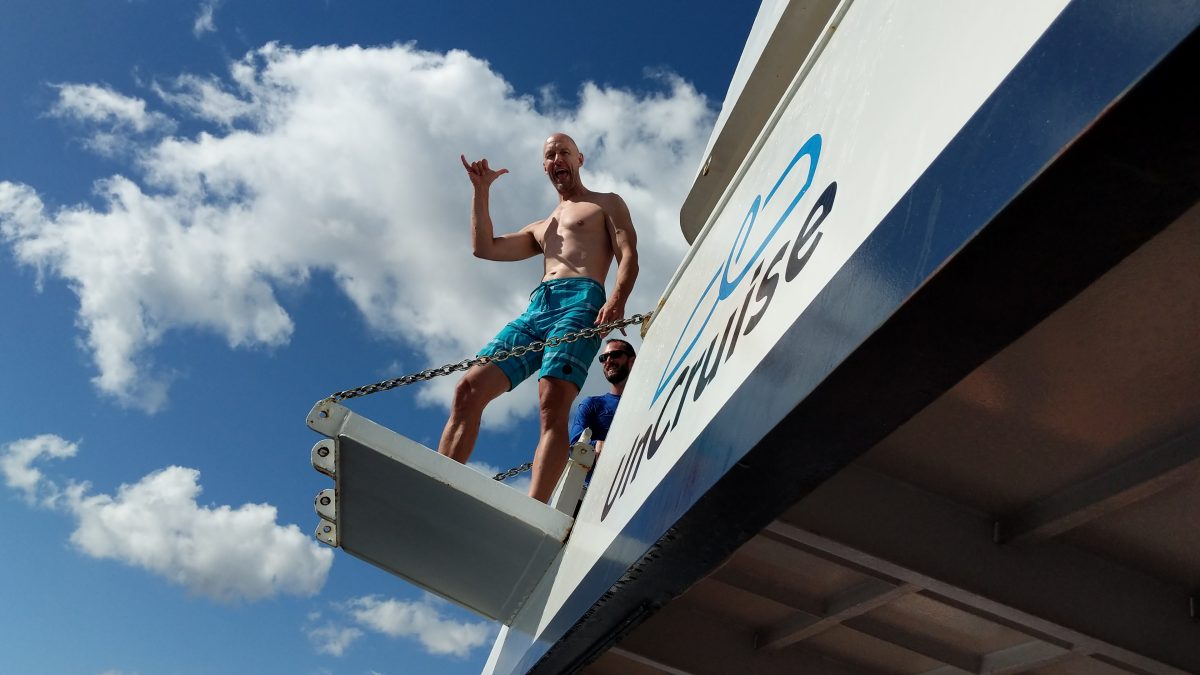
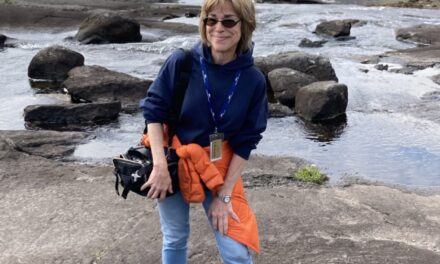
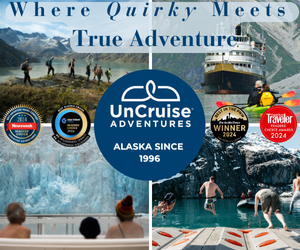
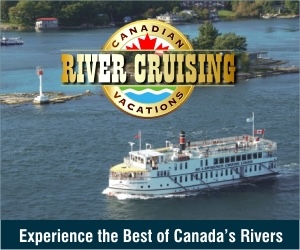
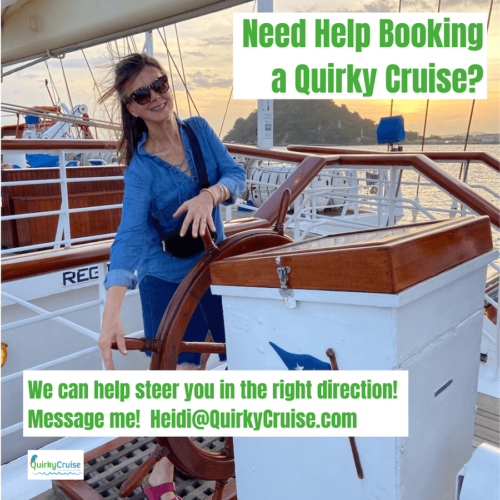


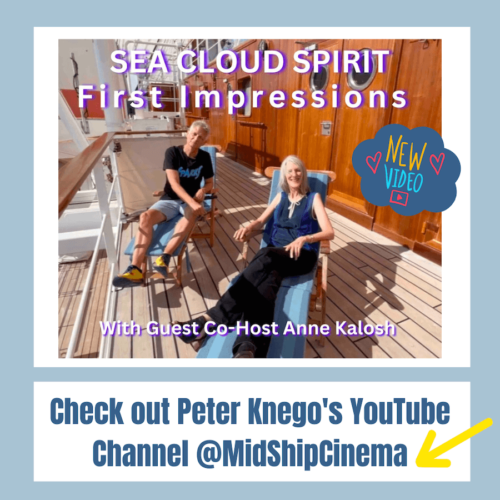


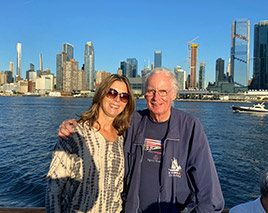 HEIDI SARNA
HEIDI SARNA
